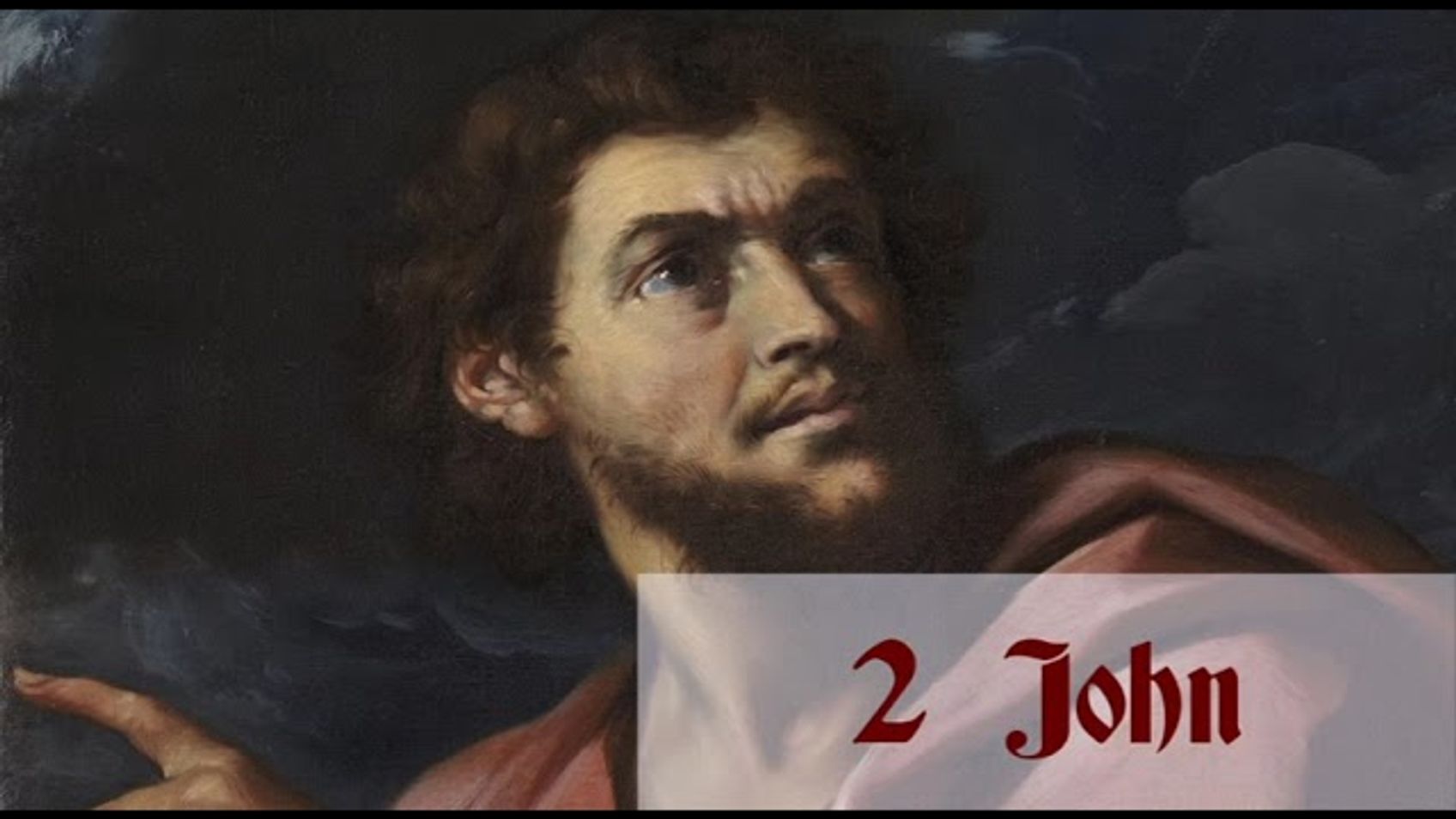2 John: Chapter-by-Chapter Commentary
February 18, 2022

Alastair Roberts
*CONTENTS*
00:00:00 - Letter to the Elect Lady
If you have enjoyed my videos and podcasts, please tell your friends. If you are interested in supporting my videos and podcasts and my research more generally, please consider supporting my work on Patreon (https://www.patreon.com/zugzwanged), using my PayPal account (https://bit.ly/2RLaUcB), or by buying books for my research on Amazon (https://www.amazon.co.uk/hz/wishlist/ls/36WVSWCK4X33O?ref_=wl_share).
The audio of all of my videos is available on my Soundcloud account: https://soundcloud.com/alastairadversaria. You can also listen to the audio of these episodes on iTunes: https://itunes.apple.com/gb/podcast/alastairs-adversaria/id1416351035?mt=2.
More From Alastair Roberts
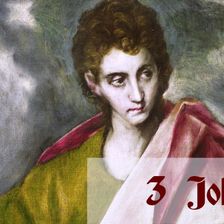
3 John: Chapter-by-Chapter Commentary
Alastair Roberts
February 18, 2022
*CONTENTS*
00:00:00 - Letter to Gaius
If you have enjoyed my videos and podcasts, please tell your friends. If you are interested in supporting my vi

1 John: Chapter-by-Chapter Commentary
Alastair Roberts
February 18, 2022
*CONTENTS*
00:00:00 - 1 John 1.1—2.6: Walking in the Light
00:11:39 - 1 John 2.7-29: Do Not Love the World
00:24:17 - 1 John 3.1-10: We Are God's Chil
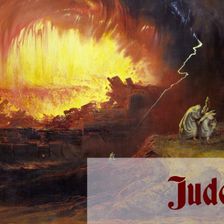
Jude: Chapter-by-Chapter Commentary
Alastair Roberts
February 18, 2022
*CONTENTS*
00:00:00 - The Doom of False Teachers
If you have enjoyed my videos and podcasts, please tell your friends. If you are interested in suppo
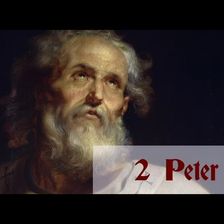
2 Peter: Chapter-by-Chapter Commentary
Alastair Roberts
February 18, 2022
*CONTENTS*
00:00:00 - Chapter 1: The Prophetic Word More Fully Confirmed
00:14:31 - Chapter 2: False Prophets and Teachers
00:30:03 - Chapter 3: The C
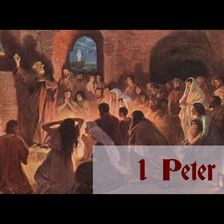
1 Peter: Chapter-by-Chapter Commentary
Alastair Roberts
February 18, 2022
*CONTENTS*
00:00:00 - 1 Peter 1.1-21: Born Again to a Living Hope
00:11:13 - 1 Peter 1.22—2.10: Built Up as a Spiritual House
00:24:17 - 1 Peter 2.11—
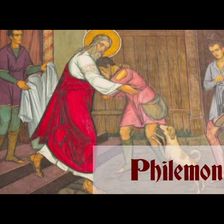
Philemon: Chapter-by-Chapter Commentary
Alastair Roberts
February 18, 2022
*CONTENTS*
00:00:00 - Returning Onesimus to Philemon
If you have enjoyed my videos and podcasts, please tell your friends. If you are interested in s
More on OpenTheo

Why Is It Necessary to Believe Jesus Is God?
#STRask
February 19, 2026
Questions about why it’s necessary to believe Jesus is God, whether belief in the Trinity is required for salvation, and why one has to believe in the

Sense, Sensibility, and Adam Smith with Jan Van Vliet
Life and Books and Everything
February 16, 2026
This year is a special anniversary for the United States as Americans celebrate 250 years of independence. But 1776 was an important year in more ways

Can You Recommend Good Books with More In-Depth Information and Ideas?
#STRask
January 22, 2026
Questions about good books on Christian apologetics, philosophy, and theology with more in-depth information and ideas, and resources to help an intel

Did Jesus Prove He Wasn’t Sinless When He Overturned the Tables?
#STRask
December 29, 2025
Questions about whether Jesus proved he wasn’t sinless when he overturned the tables, whether Jesus’ response to the Pharisees in Mark 3:22–26 was a b

The Heidelberg Catechism with R. Scott Clark
Life and Books and Everything
November 3, 2025
You may not think you need 1,000 pages on the Heidelberg Catechism, but you do! R. Scott Clark, professor at Westminster Seminary California, has writ

Why Would Any Rational Person Have to Use Any Religious Book?
#STRask
December 8, 2025
Questions about why any rational person would have to use any religious book, whether apologetics would be redundant if there were actually a good, un

The Man on the Middle Cross with Alistair Begg
Life and Books and Everything
November 10, 2025
If you haven’t seen the viral clip, go see it right now. In this episode, Kevin talks to Alistair about the preaching clip he didn’t intend to give, h

Does God Hear the Prayers of Non-Believers?
#STRask
February 26, 2026
Questions about whether or not God hears and answers the prayers of non-believers, and thoughts about a church sign that reads (as if from God), “Just

Prove to Me That Jesus Is Not a Created Being
#STRask
January 26, 2026
Questions about why we should think Jesus is not a created being, and what it means to say God became fully human if part of being human means not bei

Conservatism and Religious Freedom with John Wilsey
Life and Books and Everything
October 27, 2025
What is conservatism? And why does it go hand in hand with religious freedom? How should we think about the American experiment of ordered liberty? Ha

Is It a Sin to Feel Let Down by God?
#STRask
November 6, 2025
Questions about whether it’s a sin to feel let down by God and whether it would be easier to have a personal relationship with a rock than with a God

Does Open-Mindedness Require Studying Other Religions Before Becoming a Christian?
#STRask
February 9, 2026
Questions about the claim that if Christians really want to be open-minded, they need to read and study other religions before committing to Christian

Kingdom Priorities: Following the Teachings of Jesus
Knight & Rose Show
February 14, 2026
Wintery Knight and Desert Rose discuss Jesus' teachings from the Gospels, emphasizing truth, evidence, self-denial, and forgiveness. They explore pass

E. Calvin Beisner: Climate and Energy Policy
Knight & Rose Show
January 4, 2026
Wintery Knight and Desert Rose welcome Dr. E. Calvin Beisner to discuss climate and energy policy. They explore Biblical dominion and stewardship, con

How Would You Convince Someone That Evil Exists?
#STRask
November 17, 2025
Questions about how to convince someone that evil exists, whether Charlie Kirk’s murder was part of God’s plan, whether that would mean the murderer d
